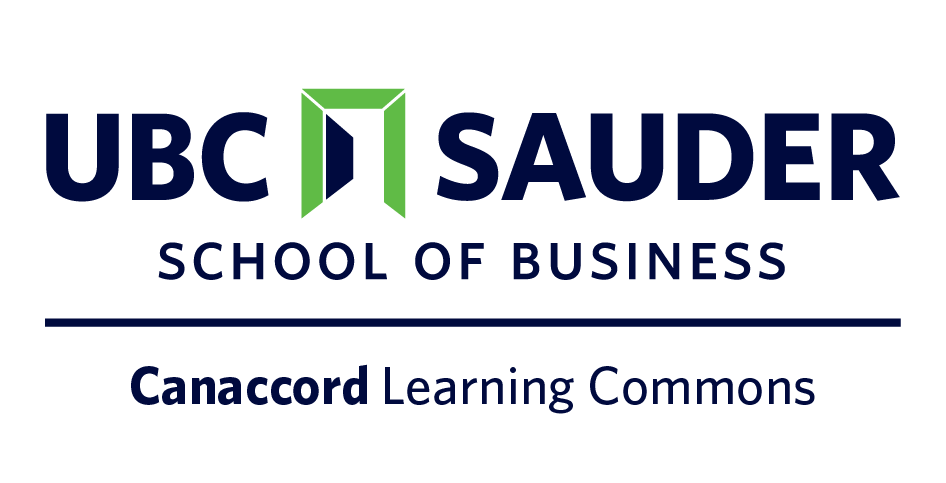UBC Library is making Indigenous language dictionaries more accessible by digitizing them and making them available through UBC Open Collections, thanks to efforts by the UBC Library Digitization Centre and cIRcle.
British Columbia has 32 First Nations languages—eight are severely endangered and 22 are nearly extinct. “Language revitalization projects and supports are crucial in redressing the impacts of colonialism, and allowing for communities to have cultural sovereignty,” says Kayla Lar-Son, Acting Head of Xwi7xwa Library. “Within the past few years the number of active Indigenous Language learners grows each year in British Columbia. Providing access to rare materials for community members can aid in the increase of language learners and adheres to the concept of Indigenous data sovereignty as we are now providing access to once hard-to-find materials.”
Published in 1996, the Thompson River Salish Dictionary was printed as part of a specialist series dedicated to the study of Indigenous languages of the Northwest. Encapsulating decades of scholarly field research and the cumulative knowledge and expertise of many members of the Nɬeʔkepmxcín community, this unique work is now widely accepted as the authoritative dictionary of the Thompson River Salish (nɬeʔkèpmxcín) language.
It is extremely difficult to find a physical copy of this dictionary. Only two such copies are available at UBC: in the personal collection of faculty member Dr. Henry Davis, professor in the UBC Department of Linguistics, and in Xwi7xwa Library’s special collections, as a non-circulating copy.
To learn more, check out UBC Library digitizes Indigenous language dictionaries – About UBC Library
